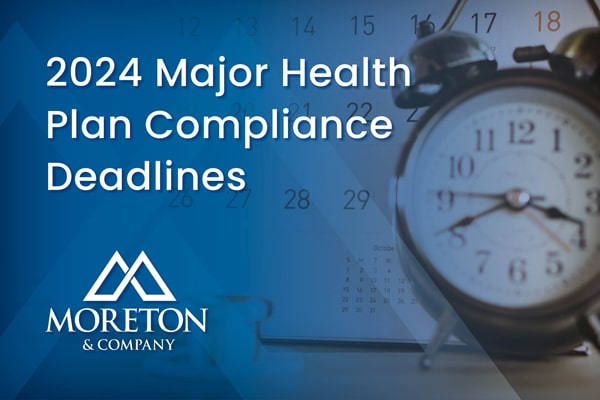
Smoking can be Damaging to the Heart
“It is well known that smoking causes blocked arteries, leading to coronary heart disease and stroke,” said study author Dr. Eva Holt of Herlev and Gentofte Hospital, Copenhagen, Denmark. “Our study shows that smoking also leads to thicker, weaker hearts. Smokers have a smaller volume of blood in the left heart chamber and less power to pump it out to the rest of the body. The more you smoke, the worse your heart function becomes. The heart can recuperate to some degree with smoking cessation, so it is never too late to quit.”
According to the World Health Organization, tobacco kills more than eight million people each year. Cigarette smoking is responsible for 50% of all avoidable deaths in tobacco users, with half of these due to atherosclerotic cardiovascular diseases such as heart attack and stroke. Studies have also shown that smoking is associated with a higher risk of heart failure, where the heart muscle does not pump blood around the body as well as it should. This means that the body does not receive the oxygen and nutrients it needs to work normally. The study explored whether smoking was related to changes in the structure and function of the heart in people without cardiovascular disease, and the effect of changing smoking habits.
This study used data from the 5th Copenhagen City Heart Study which investigated cardiovascular risk factors and diseases in the general population. A total of 3,874 participants aged 20 to 99 years without heart disease were enrolled. A questionnaire was used to obtain information on smoking history and to estimate pack-years, which is the number of cigarettes smoked through life.
Participants had an ultrasound of the heart, which provides information about its structure and how well it functions. The researchers compared the echocardiography measures of current smokers versus never-smokers after adjusting for age, sex, body mass index, hypertension, high cholesterol, diabetes, and lung function.
The average age of participants was 56 years and 43% were women. Nearly one in five participants were current smokers (18.6%), while 40.9% were former smokers and 40.5% had never smoked. Compared to never-smokers, current smokers had thicker, weaker and heavier hearts. Increasing pack-years were associated with pumping less blood. The study found current smoking and accumulated pack-years were associated with worsening of the structure and function of the left heart chamber – the most important part of the heart. Over a 10-year period, those who continued smoking developed thicker, heavier and weaker hearts that were less able to pump blood compared to never-smokers and those who quit during that time. The study indicates that smoking not only damages the blood vessels but also directly harms the heart. The good news is that some of the damage is reversible by giving up smoking.
Your Health and Hypertension
What is Hypertension?
High blood pressure, or hypertension, is blood pressure that is higher than normal. The higher your blood pressure levels, the higher your risk of other health problems – such as heart disease, heart attack and stroke. This condition is prevalent in the United States. Nearly 1 out of every 2 adults have hypertension, and of those 108 million American adults, only about 1 in 4 have their condition under control.
What Are the Causes?
Risk factors that can increase your risk of high blood pressure include health conditions, your lifestyle and your family history. Hypertension can also be caused by a preexisting condition, such as a heart condition or kidney abnormality.
How Can You Address It?
High blood pressure usually has no symptoms, so the only way to know if you have it is to get your blood pressure measured by a health care professional. However, there are practices that you can do every day to lower blood pressure. Some of these include:
- Maintaining a healthy weight – Strive for a body mass index between 18.5 and 24.9.
- Eating healthier – Eat a lot of fruit, vegetables and low-fat dairy.
- Getting active – Try to get at least 90 to 150 minutes of aerobic or dynamic resistance exercise per week. Three sessions of isometric resistance exercises per week can also help.
- Limiting alcohol use – Drink no more than one to two drinks a day
If you’re concerned about hypertension, contact your doctor to have your levels checked, and discuss how to control your blood pressure and lower your risk for other health problems.
The Impact of Sleep on Mental Health
Not only is your physical health affected when you don’t get enough sleep, but it also takes a toll on your mental health. In fact, mental health and sleep are so closely related that a lack of sleep can often lead to issues such as anxiety or depression.
Side Effects of Lack of Sleep
According to the American Academy of Sleep Medicine, you should get at least seven to eight hours of sleep per night. Lack of sleep or poor-quality sleep can increase the risk of mental health disorders. Depression and anxiety are some of the most common mental health issues linked to lack of sleep. Depression is a depressed mood or loss of interest in activities, causing significant impairment in daily life.
According to the Anxiety and Depression Association of America, nearly 50% of people with depression are also diagnosed with an anxiety disorder. Anxiety refers to feelings of tension, worried thoughts, and sometimes even physical changes such as increased blood pressure or heart rate. Generally, these or other types of symptoms are recurring with anxiety.
Tips For A Better Night’s Sleep
Consider the following tips for better sleep:
- Avoid consuming alcohol before bedtime.
- Keep a consistent sleep schedule.
- Establish a bedtime routine.
- Exercise regularly.
- Maintain a healthy diet.
- Set a bedtime.
- Go to bed only when you’re tired.
- Make your bedroom quiet and relaxing.
- Limit exposure to bright light in the evenings.
- Turn off electronic devices at least 30 minutes before bedtime.


